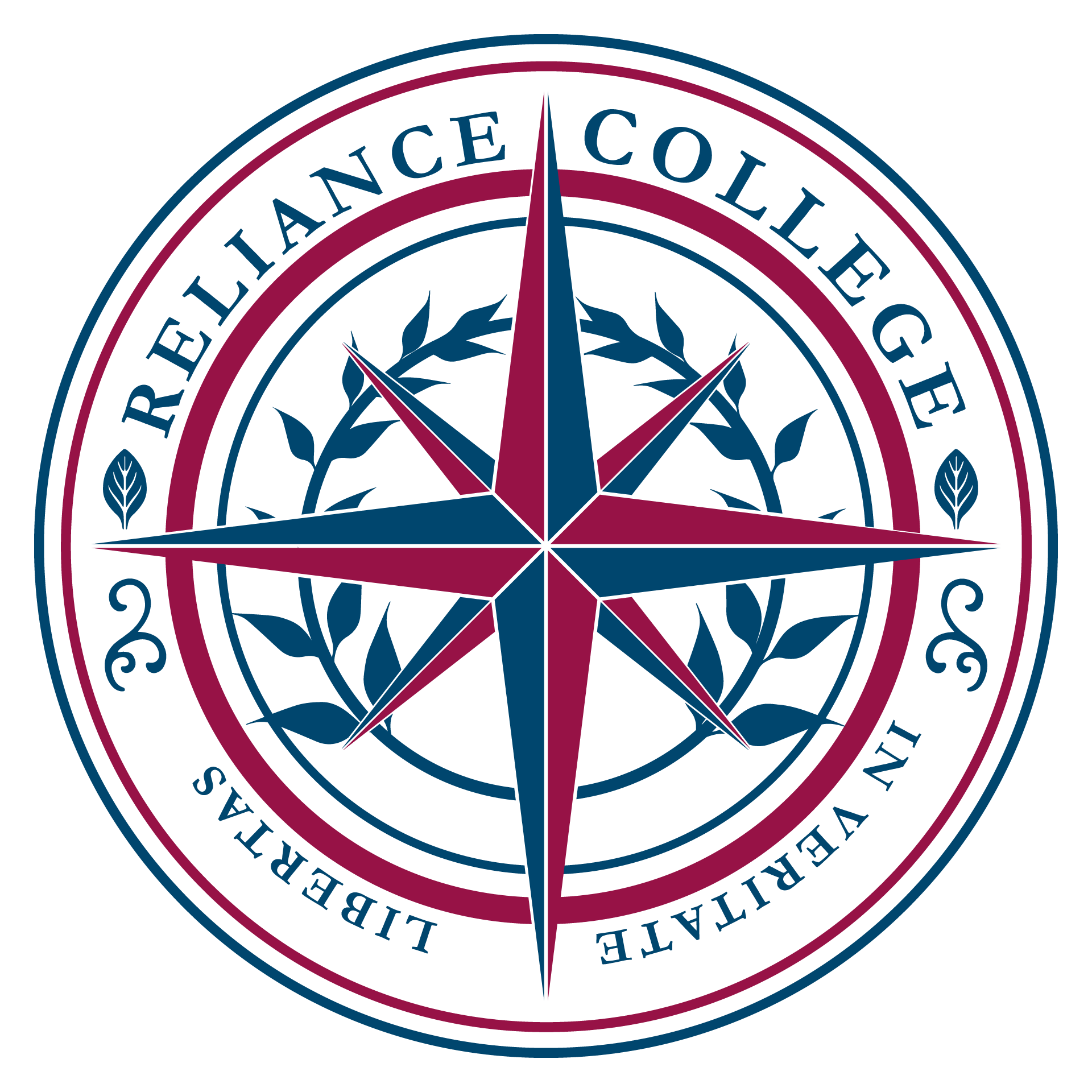What does a background in Aristotle, Herodotus, and Thucydides have to do with launching Tony the Tiger or crafting the iconic “The Few, The Proud, The Marines” campaign?
According to Malachy Walsh—everything.
Malachy, a retired Senior Partner and former Head of Strategy at J. Walter Thompson, one of the world’s most influential advertising agencies, is also a member of the Reliance College Board of Advisors. With a career spanning four decades, he’s worked with Fortune 500 brands from Kraft to Ford to HP. But what makes his story especially relevant to Reliance College is this: Malachy attributes much of his success not to business school, but to the Great Books.
“I came up through the Jesuits,” he told Reliance founder Marsha Familaro Enright in a recent interview. “Then I studied literature at Georgetown and the University of Chicago. Before I ever wrote an ad, I studied Aristotle.”
That classical grounding shaped his approach to advertising—not just creatively, but strategically.
Liberal Arts as a Reference Point for the Drama of the Marketplace
Every business, Malachy argues, is a kind of drama.
“You’ve got characters, setting, conflict, and action. Understanding your workplace, your customer, or your market means understanding that human narrative.”
He didn’t come to this realization in a classroom. He came to it in the field—sometimes quite literally. Early in his career, he followed advertising creatives from Leo Burnett into a bar, struck up a conversation about Don Siegel films, and unknowingly networked his way into a job with John Hughes (yes, that John Hughes).
That awareness of human storytelling later helped him not only write copy but understand consumers. He conducted in-home interviews, not just as a researcher, but as a dramatist: “What is the role of breakfast in this household? How does it reflect gender roles, family dynamics, or even spiritual meaning?”
He brought this mindset into strategy sessions too. “Positioning,” the classic marketing framework coined by Ries and Trout, is in fact Aristotelian, he points out. “It’s just Aristotle’s genus and differentia. You define what kind of thing your product is—and how it’s different.”
Liberal Arts as Business Advantage
This fusion of philosophy and commerce is exactly what Reliance College is built to support.
Rather than separating the liberal arts from business, our programs show how one enriches the other. Students explore philosophy, literature, science, and economics not as isolated subjects, but as interconnected lenses for understanding the world—and succeeding in it.
Malachy is living proof of this.
He explains how Aristotle’s Poetics helped him grasp not only the structure of effective stories, but the structure of human motivation. He credits the Rhetoric for shaping his communication style. And he explains how reading Thucydides gave him insight into global conflict and organizational politics.
“The liberal arts teach you to see patterns,” he says. “They give you categories for analyzing the world—so you can act effectively in it.”
And he argues these tools are more valuable than ever. “The media might change,” he notes, “but human nature doesn’t. And if you want to persuade, lead, or innovate, you need to understand that nature.”
Why He Supports Reliance College
Malachy joined the Reliance College Board of Advisors because he believes students need more than technical skills to thrive—they need wisdom, judgment, and the ability to adapt. “The world is changing faster than ever,” he said. “Students need to think independently, navigate ambiguity, and apply knowledge across fields.”
He sees Reliance as a new model for higher education: one that combines deep reading with practical experience, and big ideas with real-world impact.
“I wish something like this had existed when I was 18,” he said. “It’s not a monastery—it’s an odyssey.”
Want to learn how the Great Books can help you succeed in business, life, and everything in between? Apply today for the 2025 Great Connections Seminar. Application deadline June 15th.






